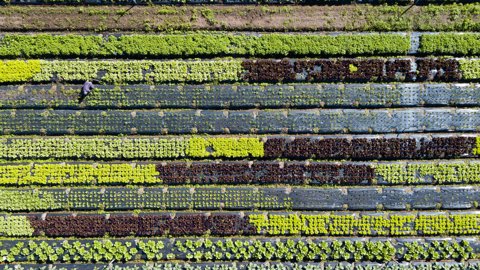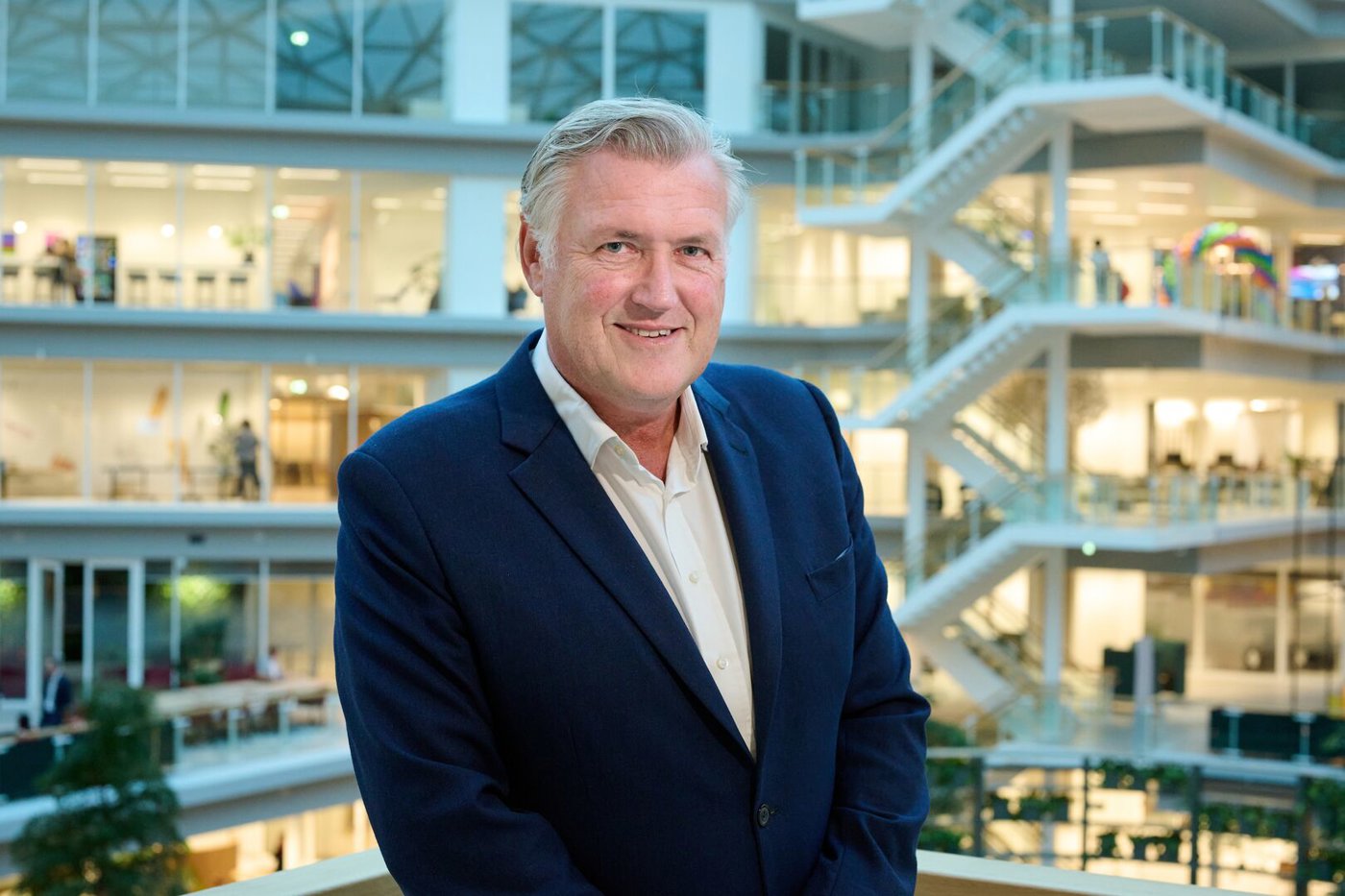Making active investment choices based on a thorough fundamental analysis of everything you can analyze relating to the valuation of a company. In addition to a thorough financial assessment, this includes research into numerous sustainability aspects. That is what the fifty colleagues in APG’s Fundamental Equities team, spread across the offices in Amsterdam, New York and Hong Kong, are doing. Managing Director René van der Zeeuw talks about the challenges and developments in the market and gives some telling examples from the investment portfolio.
The Fundamental Equities portfolio is based on four building blocks: risk, return, responsible investing and low cost. The team manages active portfolios in both emerging and developed markets, constantly monitoring the financial prospects of the companies, sectors and countries in which it invests. Return for pension fund clients is important, but not the only starting point. Much attention is also paid to sustainability by keeping carbon emissions from investments as low as possible, investing in Sustainable Development Investments (SDIs) and taking climate risks into account. The aim is to make the strongest possible contribution to a good pension result for our clients for current and future generations in a livable world.”
What is your investment philosophy?
“Our overlapping philosophy, for both our developed and emerging market strategies, is that we focus on investing in solid companies with healthy balance sheets, good profitability and a market share that is relatively protected. As a result, we expect to achieve compounding returns that beat the cost of capital over the long term.”
Can you give examples of investments that support this philosophy?
“There are several; these include: Tomra, Vestas, Rémy Cointreau, Arcadis and De’Longhi. What is it that makes them unique? The relatively high barrier to potential competitors entering the markets in which they operate, or being able to carve out market share. As a result, our belief is that the companies mentioned either have a market share and margin that are relatively stable over time, or have a unique proposition. The latter is the case with Vestas. Indeed, we assume that the demand for wind turbines will only increase in the near future. Rémy Cointreau, in turn, is a company that represents and appeals to a certain luxury segment of the market. All these companies otherwise have good balance sheets, which limits the need for them to do crazy things with debt or equity issuance.”
What are some important developments in the market?
“There is the socially driven demand, which has also been picked up by our clients, that we further tighten the sustainability profile of our investments. This involves reducing carbon emissions, paying more attention to issues around good governance and employee rights. We have already gone a long way in that direction, but we want to move toward investment portfolios that are even more closely tailored to these ESG themes.”
Is this development also playing out more broadly in the market?
“Yes, but I think APG is really leading the way when you look at how we implement ESG criteria and substantiate this. Of course, everyone thinks they are doing sustainability, but the way we have integrated it into our portfolios and collaborate with our colleagues from the Global Responsible Investment & Governance team (GRIG) in terms of engagement with companies, we are not following the trend of just the last two years. We have really been doing that for years and are therefore leading the way. Furthermore, I notice that we are a welcome party when it comes to creating awareness among companies on ESG issues. By asking the right questions about the sustainability of business operations and their reporting on it, we find that we are a good discussion partner for many companies. I therefore believe that APG is well prepared for new regulations from the EU on sustainability, such as the Sustainable Finance Disclosure Regulation.”




